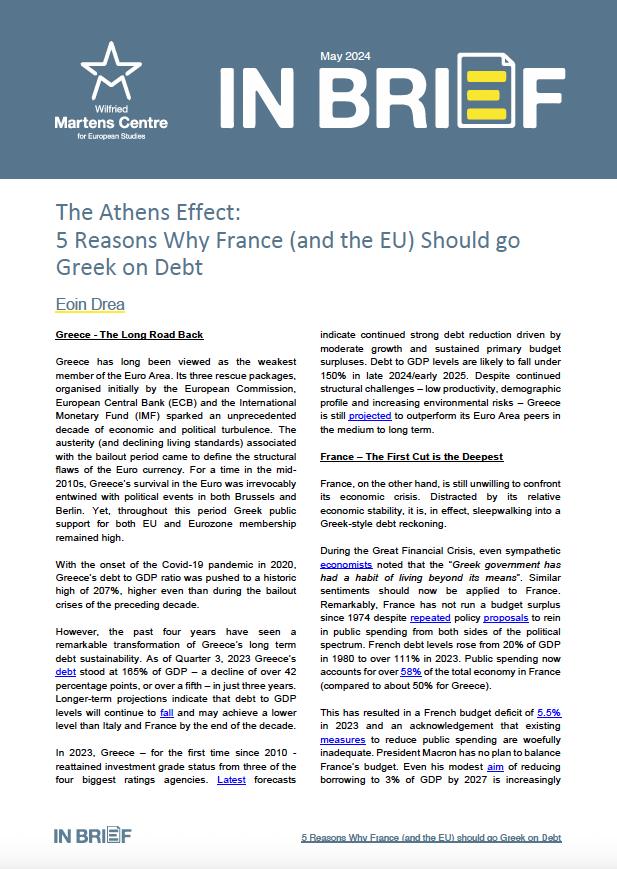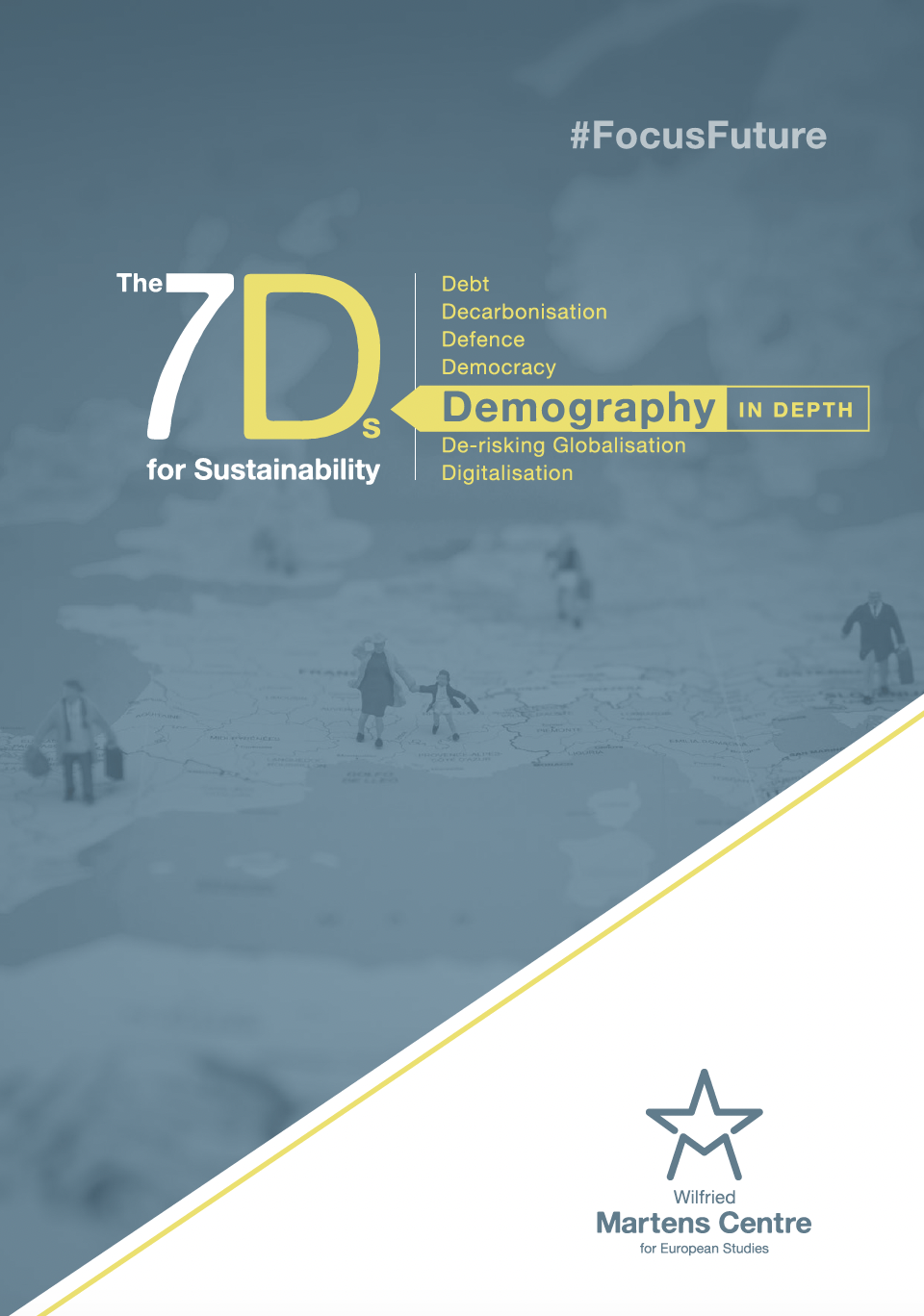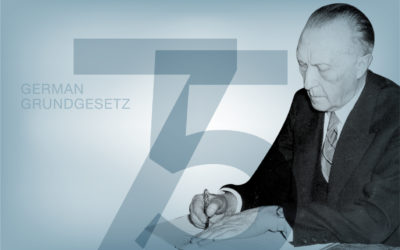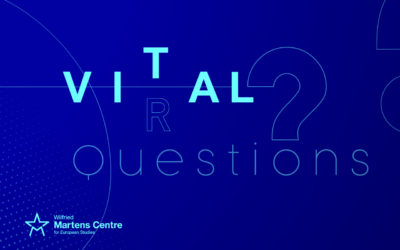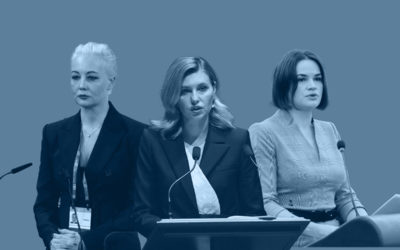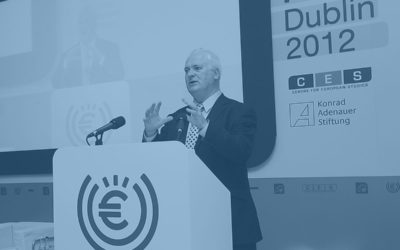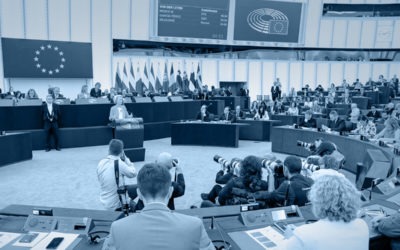Europe’s aspirations-leadership gap
20 May 2019
European security and defence cooperation has seen more progress
in the past several years than it had in the previous 60 years.
But have we reached strategic autonomy yet?
The development of autonomous European security and defence cooperation has been characterised by unprecedented dynamism and vigour in recent years. European Commission Vice-President Jyrki Katainen once noted that the EU has made more progress in this area in the past several years than it had in the previous 60 years. He is correct.
Since 2016, the EU has, inter alia, set up a Coordinated Annual Review on Defence for harmonising its members’ defence planning and procurement cycles, established Permanent Structured Cooperation for voluntary (but legally binding) project-based capability development, and launched a European Defence Fund for funding joint defence research and capability development projects. Such progress would have been unthinkable only a few years ago.
The progress has not been limited within the framework of the EU, however. In 2018, France and its closest European partners launched the European Intervention Initiative (EI2) to enhance contacts between the participating countries’ armed forces and, in the long-term, to facilitate the emergence of a common strategic culture. In 2019, France also setup an Intelligence College in Europe to improve the connectivity and visibility of European intelligence cooperation. Although European in character, these structures are outside the EU.
The quest for strategic autonomy
The purpose of all these new initiatives is to facilitate Europe’s quest for ‘strategic autonomy’, its grand strategic ambition. Strategic autonomy as an idea was introduced to the general public by the EU’s 2016 Global Strategy. Although the document mentions strategic autonomy five times, it makes no effort to define the term. However, strategic autonomy can be understood as the ability to act on the world stage but especially in Europe’s neighbourhood without third-party (i.e. American) assistance.
This kind of autonomy depends on several things. It depends, first of all, on Europe having the capabilities that enable it to handle various crises and challenges. In the past, Europe’s effectiveness as an actor has often been undermined by shortages in specific capability areas.
In 2008, Russia contributed four helicopters to an EU-led operation in Chad because the Union could not get its own member to contribute a sufficient number of helicopters. During NATO’s 2011 operation in Libya, European countries quickly depleted their stocks of smart munitions and had to purchase stockpiled munitions from the US.
The good thing about capabilities is that they are material in character: they can be researched, developed and purchased for a price. However, strategic autonomy is not just about muscle; it is also about a specific mindset that enables an actor to use its capabilities when necessary. In the past, this has often proven challenging for Europe.
Due to its member states’ reluctance act in areas in which they have no immediate interests at stake, EU action has often fallen below of what was initially required (e.g. in Mali in 2013), been prohibitively slow (e.g. in the Central African Republic in 2014) or non-existent (e.g. in the Democratic Republic of the Congo in 2008).
Not just about institutions and capabilities
In fact, Europe’s ability to achieve strategic autonomy is likely to depend far less on Brussels-based institutions and the acquisition of capabilities than it will on Europe’s ability to overcome what could be labelled as the ‘aspirations-leadership gap’: a gulf between Europe’s desire to become a fully-fledged international actor and the level of leadership that especially big European countries are willing show in turning that desire into reality.
To illustrate this, think of NATO. Contemporary discussions on strategic autonomy often miss that NATO is an effective actor not because it would have its own army (it doesn’t), because it would use qualified majority voting for decision making (it doesn’t), or because it would have its own resources (it doesn’t). Instead, NATO is able to act because the US is the Alliance’s de facto leader. When push comes to shove, Washington has had—at least in the past—the authority to bang heads together and convince its allies over the necessity of action.
The EU has no such leader. France tries to play this role and has some claim to it by virtue of its defence spending and highly capable armed forces. However, most EU countries don’t share many of France’s strategic priorities in areas such as the Sahel and Sub-Saharan Africa. Germany could play this role but is unwilling to do so due to its semi-pacifist strategic culture that has been shaped by its difficult twentieth-century history.
Finally, the UK, arguably Europe’s most capable country, is expected to leave the EU sometime in the not-too-distant future and is in no position to show leadership on any European issue for a long time.
A possible solution for closing the aspirations-leadership gap might be to utilise various core groups or directorates more actively. Indeed, this seems to be the direction where Europe is heading with initiatives such as PESCO and the EI2.
French President Emmanuel Macron’s recent meeting with Chinese President Xi Jinping in Paris, to which he also invited German Chancellor Angela Merkel and Commission President Jean-Claude Juncker, is also a step in the right direction but should be expanded to make such meetings geographically more representative of Europe’s diversity. They could also help in paving the way for the creation of some kind of European Security Council, an idea that is being discussed.
These and other plans currently on the table such as the formation of a ‘European army’—most likely by expanding and revising the EU’s existing battlegroup concept—need to be discussed openly. When choosing the EU’s next foreign policy chief after the European elections, the member states should also prioritise the appointment of someone who enjoys a high level of confidence in all major European capitals to improve the general effectiveness of EU foreign policy.
Every little helps in closing the aspirations-leadership gab but the main effort needs to come from the member states themselves.
ENJOYING THIS CONTENT?







